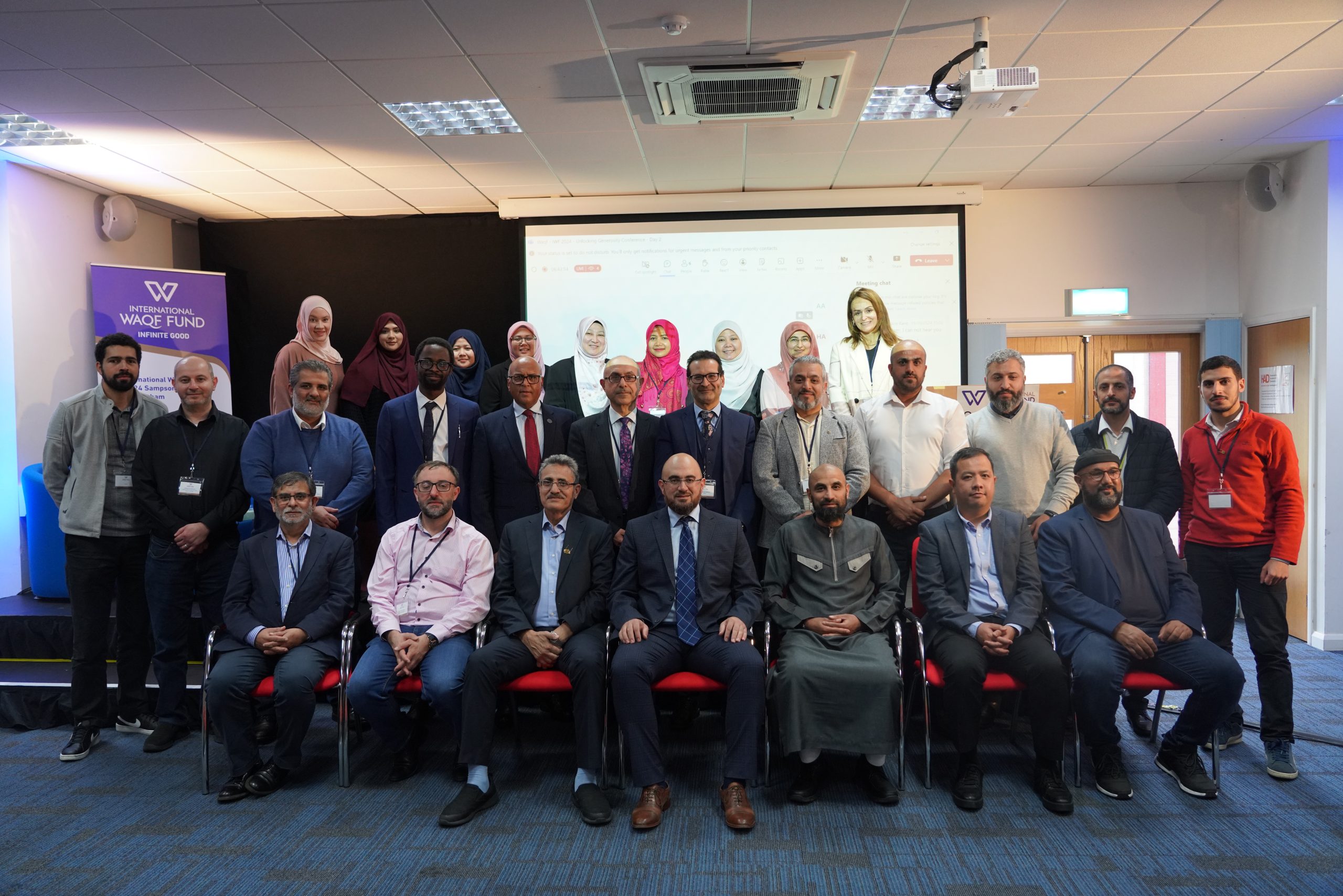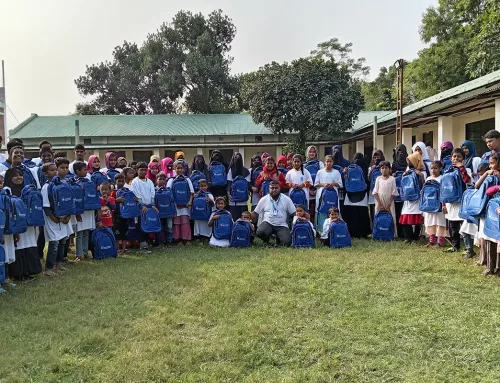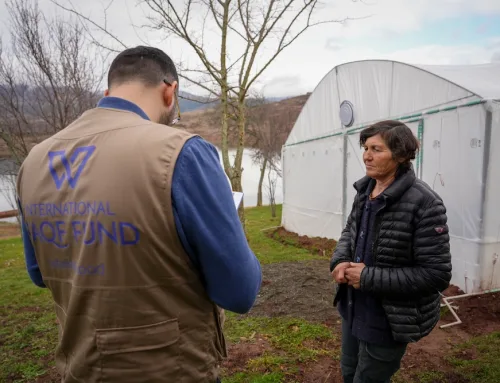The International Waqf Fund
The International Waqf Fund organised its first Waqf Conference in the United Kingdom: “Waqf Instruments for Wealth Management in the West.” The conference aimed to explore Islamic endowments’ (Waqf) rich history and potential and discuss innovative fundraising strategies. The goal was to enhance understanding of Waqf and its crucial role in shaping the social and economic landscape of Muslim communities in the West.
The conference took place in the United Kingdom on September 18 and 19, 2024, with 236 guests. Of these, 73 participated in person, while 163 joined online. The guest list included experts in the field, thought leaders, and colleagues from Islamic Relief in various regions and countries where the organisation operates.
The conference focuses on five key areas: understanding Waqf, contemporary challenges, innovative fundraising methods, success stories, and the legal and regulatory framework. These topics provided a rich platform for exchanging knowledge, sharing experiences, and fostering stronger connections between best practices and the spirit of Waqf. This, in turn, plays a vital role in driving sustainable development.
Waqf: A Comprehensive Multidimensional Approach
The conference emphasised that Waqf requires a multidimensional approach that goes beyond economics and finance. It is embedded within a broader context, shaped by factors such as culture, institutional frameworks, and legal systems. Faith and religion play crucial roles in understanding and utilising Waqf’s potential. Since the late 1970s, economists have been working to revitalise Waqf to address the world’s urgent issues.
The Critical Role of Waqf in Advancing Sustainable Development
During the two-day conference, speakers and participants discussed ways to use Waqf as a powerful instrument for managing wealth in the West. Waqf offers an opportunity to improve lives through donations to charitable and developmental causes. The conference focused on innovative fundraising approaches and successful examples. These discussions highlighted the significant potential of Waqf in driving development within Muslim communities in the West and help Empowering poor Communities.
In conclusion, participants proposed recommendations to enhance Waqf’s role in the West and stressed the need to continue developing legal and regulatory frameworks that support Waqf’s growth and development.
The International Waqf Fund looks forward to organising future conferences that aim to increase awareness about Waqf and enhance its role in supporting sustainable communities globally.





